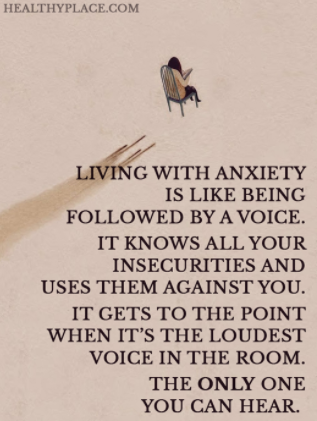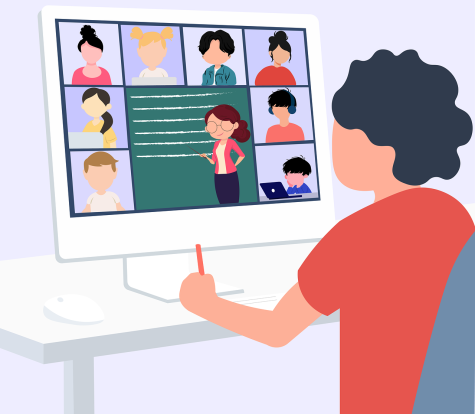Covid-19 and mental health

Soon after the Covid-19 pandemic had started we were all put into a quarantine. Although the quarantine helped the pandemic calm a bit, it also had downsides. The quarantine affected people’s headspaces and mental health for example.
This especially affected children, or more specifically children who have been isolated or been separated from their guardians. An article by the name Mental Health considerations for children quarantined because of Covid-19 by Jia JIa Liu, Yanping Bao, Xiaolin Huang, Jie Shi, and Lin Lu, it explained how children who have been isolated or separated from their parents risk having more mental issues including PTSD and stress disorders, as well as death by suicide in adulthood as they were exposed to the grief and fear of being separated from their families.
Children aren’t the only ones affected either. In The Effect of COVID-19 on Youth Mental Health Leilei Liang, Hui Ren, Ruilin Cao, Yueyang Hu, Zeying Qin, Chuanen Li, Songli Mei conducted a study in which there were 584 volunteers. The study found that 40.4% were prone to psychological problems while 14.4% were found with PTSD symptoms. Participants were in the age range of 14-35 with most of them being 20-30 years of age, 77.7% of which were students.
Not unsurprisingly, healthcare workers were also affected by this pandemic. Mental health of health-care workers in the COVID-19 era by Neil Greenberg states how doctors may suffer trauma as well as being faced with the anguish of moral-dilemmas when there haven’t been enough resources to best treat patients when they are short on staff. This can affect the efficiency of work as well as cause PTSD, anxiety disorders, depression, and even suicides.
Our mental health is something we should always take care of. Whether it’s having a friend to confide in, something we do to relieve stress and anxiety, or maybe even a therapist it’s important to make sure we’re okay.









Hebert Ramirez • Dec 8, 2021 at 9:10 am
What this article does well that makes me learn things is giving the audience lots of details so that we can understand. 😀
Alison Oscal • Dec 7, 2021 at 2:38 pm
What this article does well is that it gives a lot of information and detail on the Covid-19 Pandemic and Mental health.
Oliver Benitez • Jun 7, 2021 at 9:46 am
This makes me feel sad because mental health is important and the pandemic pretty much worsened it.